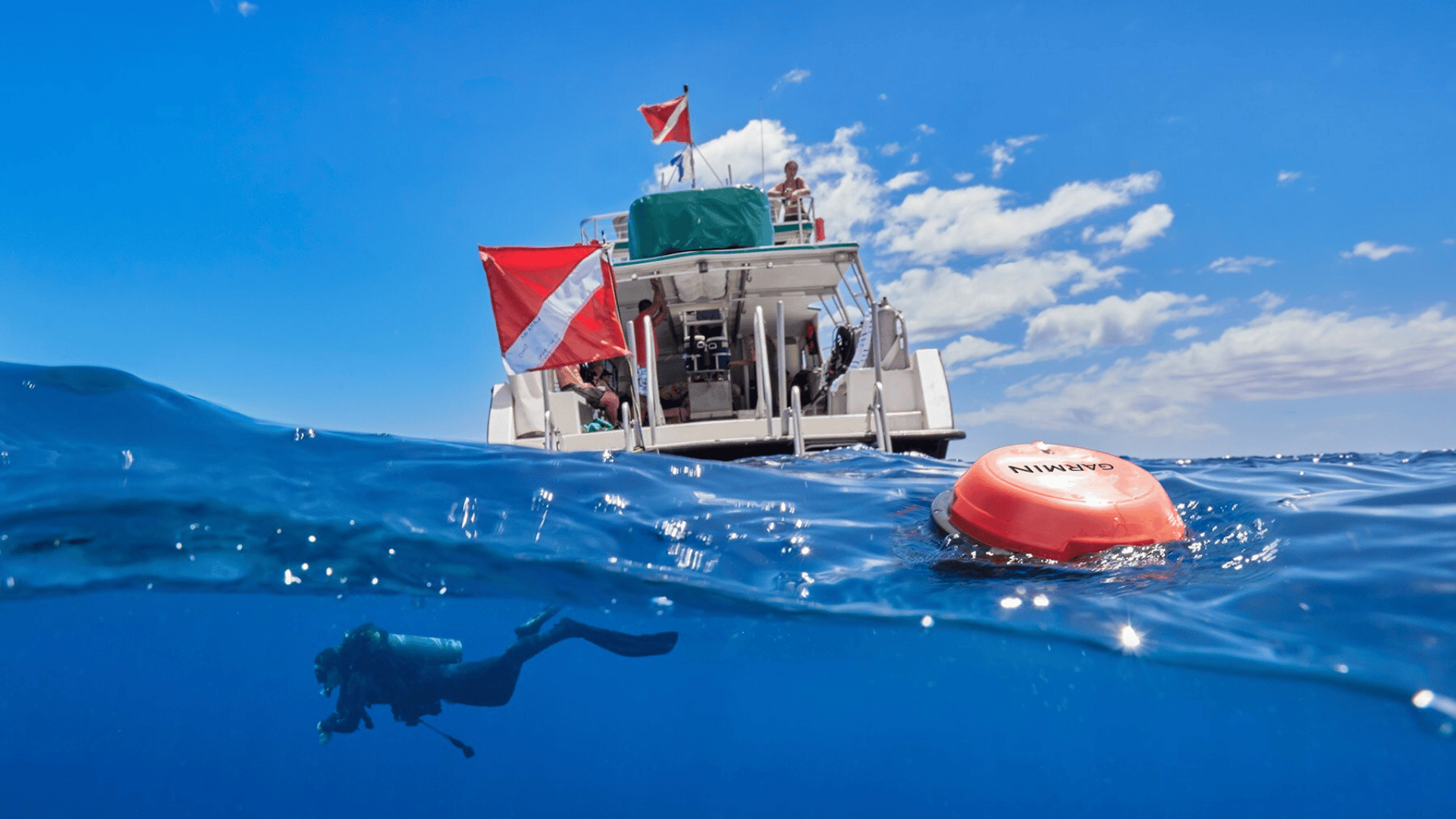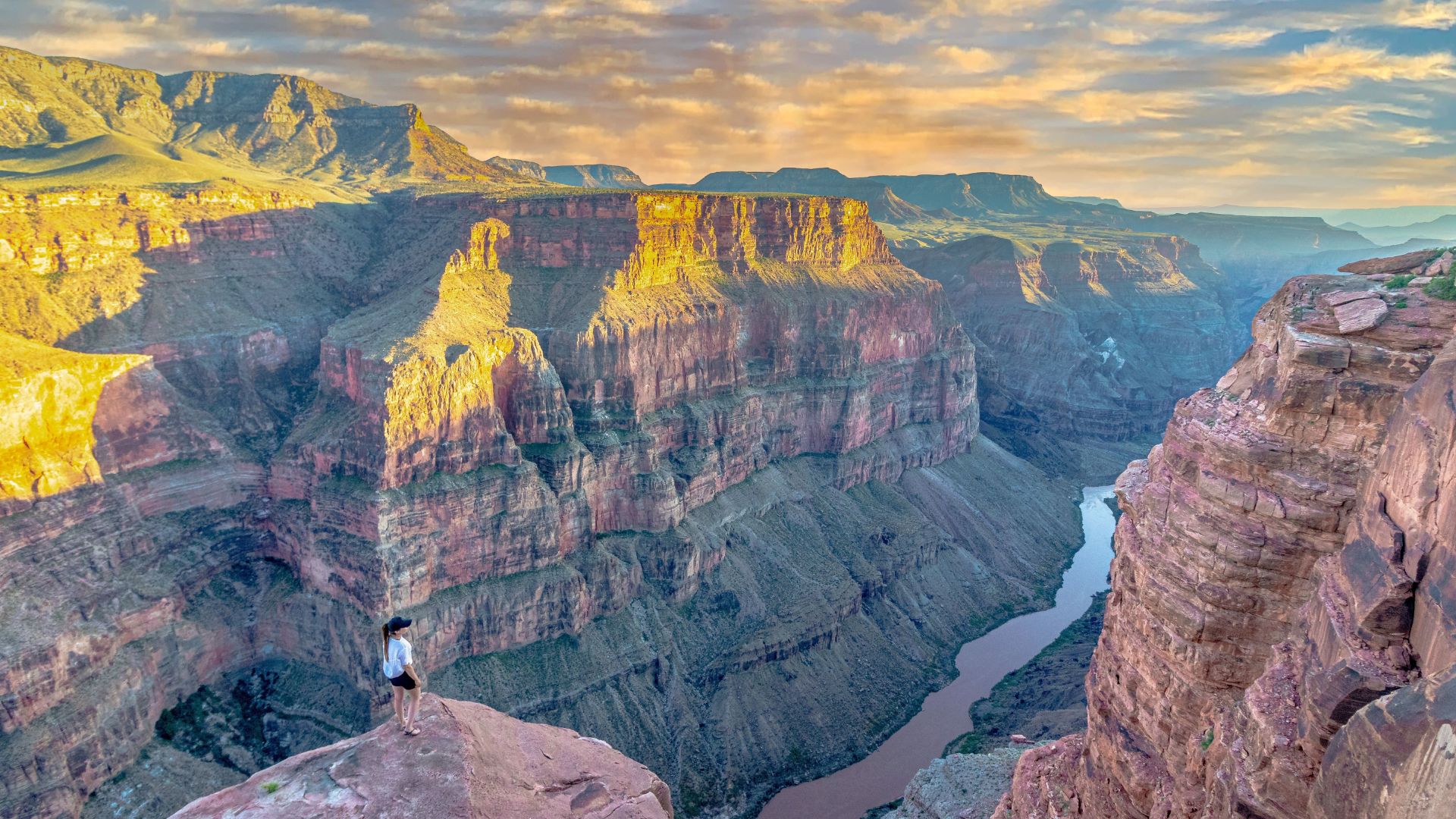Every once in a while, one stumbles upon a natural wonder that is so captivating that it’s comparable to a spiritual experience. The Marble Cathedral lies on the shore of General Carrera Lake in Patagonia, Chile. This natural wonder gained its title due to the shape of the caverns, whose ceiling reflects that of a church. The structure is only accessible by boat and several of the caverns are actually underwater so they can’t be observed by visitors. Luckily, however, the bright blue lake is often clear enough that visitors can catch a glimpse of the additional structures that lay beneath the water.

The region was covered in glaciers until roughly 10,000 to 15,000 years ago. The stone found in the taverns, however, was created roughly 300 million years ago when sedimentary limestone reacted with intense heat to form marble.
The chapel itself was sculpted by the lake water reacting with the rock over thousands of years to create beautiful, intricate structures and caverns that continue to be shaped to this day. The rocks are made of calcium carbonate, which is an extremely soluble substance. When the rocks were within the Earth’s crust, they became deformed and developed fractures. The chipping away at the marble, or dissolution, happens more rapidly in areas where these fractures are located. The Marble Cathedral may not be as well-known as other natural wonders, but it is definitely awe-inspiring.

If you look closely at the cavern walls, you can see ‘dissolution alveoli’ which shows little cavities surrounded by elevated parts. This is how researchers can tell that the cave continues to shape and change over time. The Marble Cathedral also has a smaller version that neighbors it which has been called ‘the chapel’. It’s no surprise this spot is considered one of the natural wonders of the world.
Learn more about the World of Inspiration, and discover the wonder of the Southwest, the world’s largest underwater cave, and Ireland’s Cliffs of Moher.







